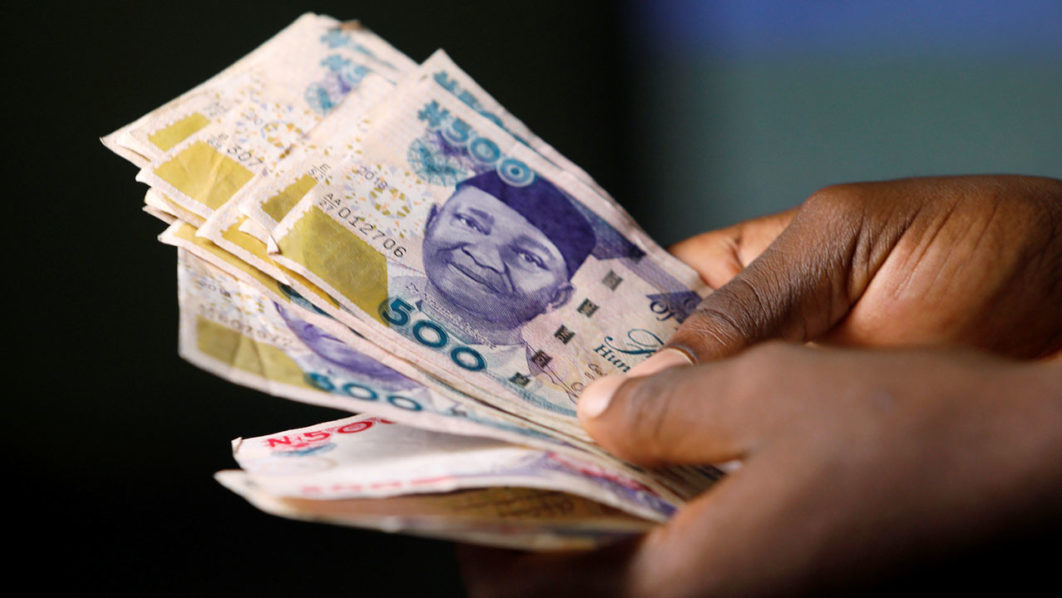
Court dismisses suit challenging Arabic inscription on naira notes
The Central Bank of Nigeria (CBN) yesterday dismissed insinuation that the old series of the N200, N500 and N1,000 banknotes would cease to exist at the end of this year, citing a November 29, 2023, Supreme Court order that extended the use of the notes indefinitely.
Recall that on November 29, 2023, the Supreme Court ruled that old and new naira notes will co-exist as legal tender until further notice. According to the CBN, its directive to all its branches to continue to issue and accept all denominations of Nigerian banknotes, old and re-designed, to and from deposit money banks(DMBs) remains in force.
“We, therefore, advise members of the public to disregard suggestions that the said series of banknotes will cease to be legal tender on December 31, 2024. We urge Nigerians to continue to accept all Naira banknotes (old or redesigned) for their day-to-day transactions and handle them with the utmost care to safeguard and protect their lifecycle”, the CBN added in a statement issued by its acting Director, Corporate Communications, Mrs Sidi Ali Hakama.
EARLIER, the House of Representatives had urged the Central Bank of Nigeria (CBN) to issue more N200, N500 and N1,000 new notes while also asking the apex bank to commence the gradual withdrawal of the old notes from circulation before the December 31, 2024, deadline.
Also, the Federal High Court in Lagos has dismissed a suit praying that the Arabic inscriptions on naira notes be removed. The lawmakers warned that Nigerians would be plunged into more chaotic situations than what happened in February 2023, when the old N200, N500 and N1,000 notes shall cease to be legal tender from January 1, 2025.
In a motion of urgent national importance sponsored by Afam Victor Ogene, the green chamber appealed to the CBN to order commercial banks to forthwith stop cash payment to their customers with old N200, N500 and N1,000 notes, but engage in gradual mopping up of the old notes.
Ogene recalled the hardship and chaotic situation occasioned by the CBN change of currency colour in 2023. He also reminded his colleagues of the scarcity of naira notes that led to untold hardship across the country as a result of the CBN’s inability to supply new versions of the changed notes.
The lawmaker had noted that going by the Supreme Court’s subsequent ruling, the N200, N500 and N1,000 notes shall cease to be legal tender, and shall also cease to be in circulation as from January 1, 2025. He expressed concern that the CBN had not kick-started any awareness programme to remind Nigerians about the policy to make them prepare for the December 31, 2024, deadline.
The House directed its Committee on Banking Regulations to ensure compliance and report back within 21 days.
JUSTICE Yellim Bogoro declared that the Lagos-based lawyer, Malcolm Omirhobo, who filed the suit, failed to prove that the use of Arabic inscriptions on the naira notes by CBN was in bad faith.
The lawyer had filed the suit, contending that having Arabic inscriptions on the naira notes portrayed Nigeria as an Islamic state, contrary to the country’s constitutional status of a secular state. Omirhobo, who said he did not know what the Arabic inscriptions meant, prayed the court to order the CBN to replace the inscriptions with either English, which is Nigeria’s official language, or any of the country’s three main indigenous languages – Hausa, Yoruba or Igbo.
According to him, with the Arabic inscriptions on the naira note, the CBN has been violating Sections 10 and 55 of the Constitution, which make the country a secular state.
He asked the court to annul and expunge Section 53 (1) of the Banks and other Financial Institutions Act, Cap 83. LFN 2004 for being inconsistent with the provisions of Section 6(1) (6) (0) 251 (p) (q) (r) and 315(3) of the 1999 Constitution of the Federal Republic of Nigeria (as amended), which vests the court with the powers to entertain this suit.
The lawyer also asked the court to restrain CBN from using public funds/taxpayers’ money to design, print and issue naira notes with Arabic inscriptions as legal tender in Nigeria without inscribing the same words in the plaintiff’s religion, Olokun worship or other religions in Nigeria as well as in Urhobo, the plaintiff’s language, or any other indigenous language in Nigeria.
In his judgment, the judge said though Omirhobo had the locus standi to file the suit, he failed to prove that the 1st defendant designed, issued, printed and distributed the naira notes with Arabic inscription in bad faith, and accordingly dismissed the suit.






